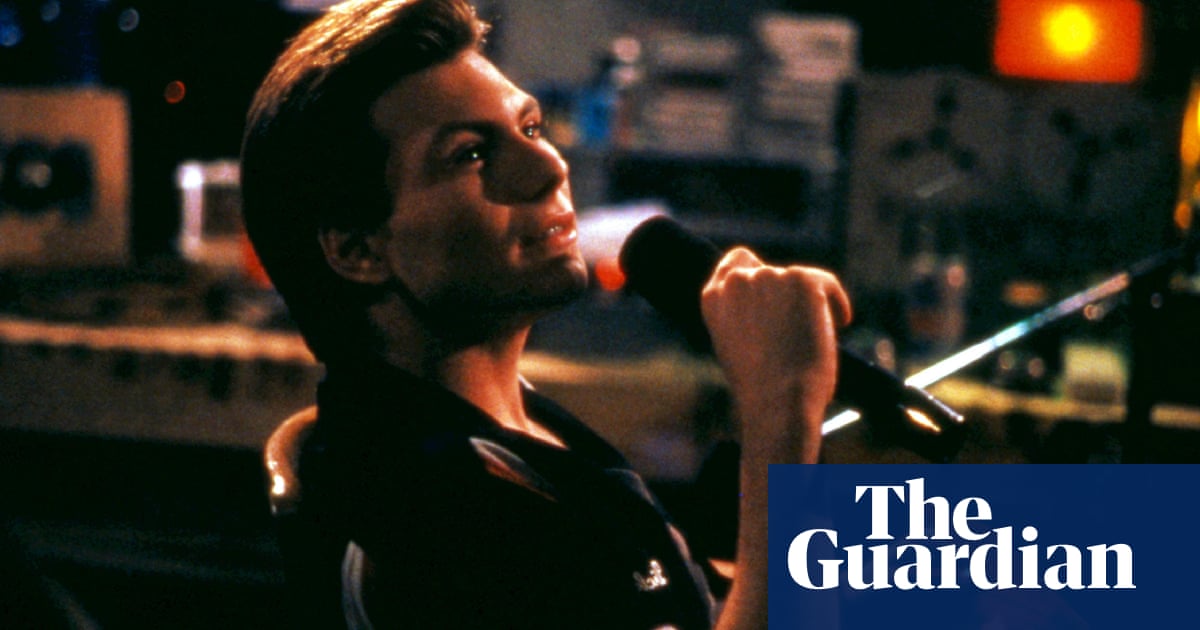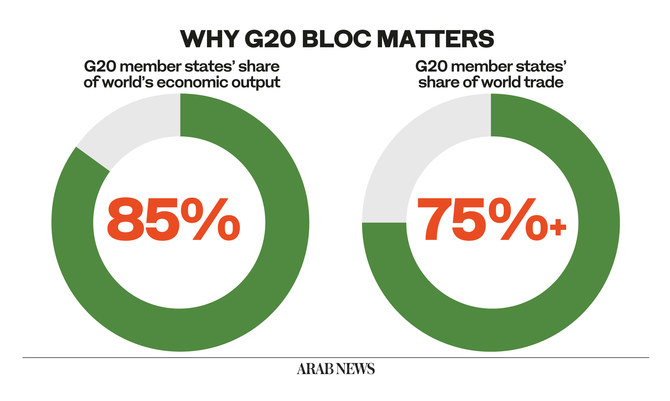
In October 2015, A’Ziah “Zola” Wells King, then a 19-year-old black woman living in Detroit, tweeted four selfies with a blonde white woman and an invitation: “Y’all wanna hear a story about why me & this bitch here fell out???????? It’s kind of long but full of suspense.”
Her subsequent 148 tweets detailed an impromptu road trip to Florida with a new acquaintance (the blonde woman, Jessica), Jessica’s hapless boyfriend and the man revealed to be her pimp. The excursion quickly devolves from pole-dancing for extra cash into a saga of prostitution, deception and violence. Zola’s tale, relayed in 140-character dispatches with the candor and confidence of someone holding court at a bar, went viral under the hashtag #TheStory. Celebrities such as Ava DuVernay, Jackée Harry and Missy Elliott were publicly riveted; Zola’s swaggering lyricism – Jessica’s boyfriend, despondent over her sex work, was “lost in the sauce & his bitch lost in the game” – became Twitter touchstones. #TheStory is largely credited with hastening Twitter’s decision to link tweets, a consequential move for thought sharing during the Trump era.
Six years later, Zola’s saga arrives on the big screen, directed by Janicza Bravo and co-written by Bravo and the Tony-winning playwright Jeremy O Harris. Slow-rolling coverage of Zola from its buzzy premiere at Sundance 2020 to its pandemic-delayed release this month has focused on its novelty as a milestone for the virality-to-Hollywood pipeline: it’s the first Twitter thread to be made into a movie. The film is one of numerous projects to adapt stories that have blown up on social media (often, longform magazine articles) for original streaming services’ content, but Zola is notable as a story native to a specific platform. It’s not just a wild story shared online, but one written in the elastic, casual vernacular of the internet, itself an underappreciated linguistic innovation of emotional nuance (think the difference between single and double exclamation points, for example).
Though the film often quotes directly from the tweets and overlays Twitter’s swooshes, chirps and dings, much of the tweet thread’s immediacy fizzles on screen. Bravo elects, sometimes effectively, for an atmospheric style, often lingering on Zola’s (Taylour Paige) face as she processes the chaotic scenes before her, more painful in person than her comic Twitter thread allowed. The film’s occasional flatness, excellent performances aside, is not a product of flippancy – it’s evident Bravo and Harris adapted Zola’s story with great care for the human at the center – so much as the trickiness of adapting viral content to a more analog, conventional medium whose production timelines stretch like taffy to social media’s billowing steam. It’s a film inextricable from social media that barely depicts it and, like most film and television about the internet, struggles to capture its magnetism – in this case, the verve of King’s tweet thread.
The prolonged adaptation of Zola (six years is an eon in internet time) has spanned a period in which competition for original content between Netflix and a host of emergent streaming services fostered cutthroat bidding wars for stories that blazed brightly online – namely on Twitter. Virality content is an admittedly loose classification spanning documentary films and series, feature films and television. There’s the competing 2019 Fyre Festival documentaries on Hulu and Netflix, which recapped the schadenfreude-fueled reality show that unfurled in real time on social media in 2017. An article in the Cut about fake heiress Anna Delvey will become the Shonda Rhimes-produced Netflix series Inventing Anna in 2022. Bravo herself is set to write and direct a series based on the viral 2019 New Yorker exposé of bestselling author Dan Mallory’s many deceptions, starring Jake Gyllenhaal; Zola star Nicholas Braun, AKA Succession’s Cousin Greg, will anchor a film adaptation of Kristen Roupenian’s viral New Yorker short story Cat Person. There are no less than seven competing projects in the works about the GameStop frenzy from earlier this year.
Whether these stories succeed, either in views or their ability to capture the charge of their inspirations, is yet to be seen; what works online, or is common language in certain loud but demarcated online circles, may falter in wide release stripped of its in-group context. Zola is a mixed bag in terms of conveying King’s bracing style. But the film at least demonstrates a care toward fraught racial dynamics (Zola and the pimp are black, Jessica – renamed Stefani in the film – and her boyfriend are white), and the black female creator at the center, that in other hands could have been ignored in the rush to convert online attention to studio audience.
The actor James Franco originally obtained the rights to produce and direct the film, with Zola as an executive producer and a script written by Andrew Neel and Mike Roberts. Over a period of several months in 2017, Bravo, a black woman whose credits include the film Lemon and numerous prestige TV episodes, lobbied for the director’s chair after Franco stepped away due to scheduling issues. (He left the project entirely after a January 2018 LA Times report in which five women accused him of sexually inappropriate behavior.) Paige was turned off by the initial script, which included a full nude pole dancing scene for Zola in the first few pages. “I wasn’t down,” she told the New York Times. “It didn’t feel like a Black woman’s voice.” She joined once Bravo and Harris produced a script dedicated to, as King told the Hollywood Reporter, “making sure my voice didn’t get lost”.
Having three white men initially oversee the adaptation of King’s story may seem troubling now, but that was 2016 Hollywood. As Harris told the Hollywood Reporter this month, “I don’t think that this Zola could have existed” five years ago. What could have been a rollicking ride that underplays Jessica/Stefani’s appropriation of blackness has, under Bravo’s direction, real teeth. Riley Keough’s performance as Stefani is exaggerated and smacking; with her acrylic nails, braids, and affected blaccent – at Sundance, Paige described Keough as “in blackface the whole movie” – is sinister from the start. She’s never the protagonist even when the film swerves into her version of events (as conveyed in a Reddit post, it notes).
But as rightly protected and elevated as King’s voice is throughout filming, Zola still left me at a remove. King’s tweets toggled freely between caps lock and lowercase and blended inner monologue with dialogue in a stream of action. It was candid and irresistibly quotable – “Ima a full nude typa bitch,” she remarks about a strip club that “had HELLA rules I’m not use to”; shocked that Jessica is selling sex for $100, she says that “Pussy is worth thousands. U trippin.” On screen, the same lines have a surreal airiness. Devoid of the context of #TheStory’s virality, it feels like a languorous scroll rather than like King’s punchy writing.
Bravo seems to understand the inherent paradox of depicting something viral – it will age too quickly to be captured, so better to focus on the characters – but in doing so, the film dims in comparison with King’s words. It’s an example of virality-to-Hollywood going well, in terms of credit and sensitivity, but also evinces the difficulty of translating the vertigo of a viral hook to a different medium, slower timeline and most especially a less online audience. Few things online age well, but Zola marks a compelling, if hazy, stake in the ground for internet adaptations to come.












